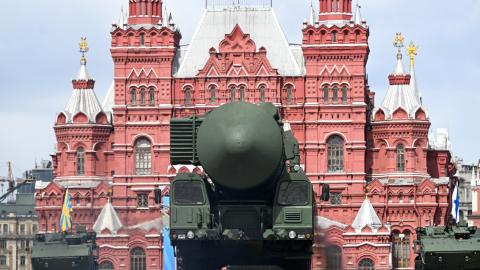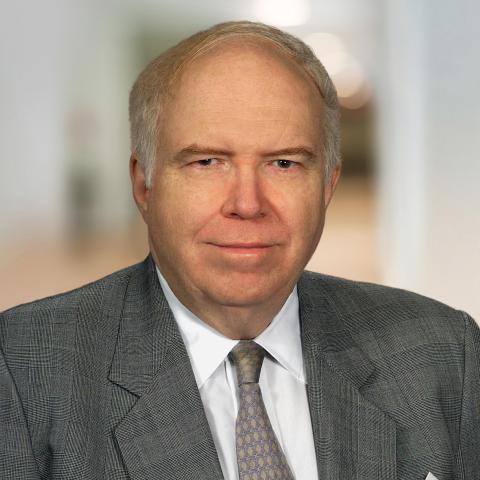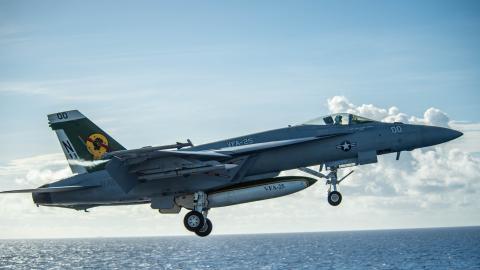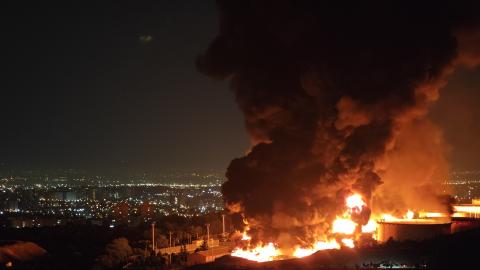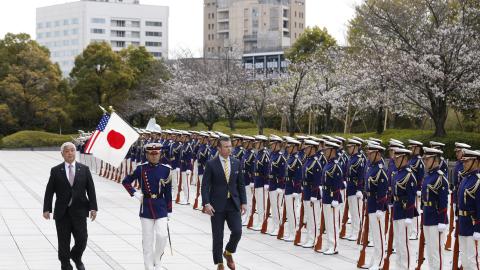Good morning.
We at Hudson Institute are truly honored to co-sponsor this conference with the Asian Forum Japan. We have worked closely with AFJ the past few years on issues ranging from intellectual property to international affairs and homeland security as AFJs influence has grown both here in Tokyo and around the globe.
Mr. Horiguichi, it is an honor to speak after such a distinguished public servant as yourself. I am always delighted to work with my dear friends from AFJ, especially AFP Senior Vice President Kin-Ichi Yoshihara.
Japan is an irreplaceable partner to the United States, and to Hudson Institute.
I am convinced that the deep friendship we share symbolizes the strength of the US-Japan Alliance. We are especially honored by the participation of intellectual, corporate and government leaders from Japan, India and the U.S.
Hudson Institute, as our distinguished alum Bill Schneider who was with the Institute in its early years and as my colleagues here today can attest, has long focused on broader trends and over the horizon issues.
In this context, Japan has long been a critical country for Hudson Institute ever since Herman Kahn predicted the rise of Japan as an economic superpower in the mid-1960s and my colleagues, especially Hudson President Herb London, predicted the return of Japans economy in March 2002 when most claimed that Japan was headed toward Argentine-style decline.
We are now seeing several trends converge that make this conference especially propitious at the present time. Last week, I had the honor of being at the White House as President Bush warmly welcomed Prime Minister Koizumi. As the leaders of the worlds two largest economies met in mutual friendship, admiration, and with shared beliefs in democracy and market economies, it became clear how much the post World War II alliance structure had shifted to a new architecture; that critical bilateral relationships, such as between the U.S. and Japan, between the U.S and Great Britain, the U.S. and Australia, were coming to the fore and playing a key role in international affairs.
As the architecture of the global alliance structure has changed, so too has the role of Japan, now transformed during the Koizumi years as a global player, not just in Asia, on the North Korean question, but in Iraq and Afghanistan as well. As we bid farewell to Koizumi, he leaves behind him a Japan poised to play a critical role on the world stage going forward, as many of us hope on the UN Security Council and beyond.
I need only quote Prime Minister Koizumis own words on the US-Japan Global Alliance:
The Japan-U.S. alliance is not just an alliance for our two countries; it is an alliance for the world. It will enable our two countries to continue to cooperate and double-up together, and as allies in the international community make even greater contributions to the numerous challenges in the world community.
These challenges are as great in Asia as they are in the War on Terror in which the U.S. and Japan are currently engaged: helping to manage the rise of China, helping to bring prosperity and progress to Chinas people while being prepared for either Chinese militarism, internal instability or both, and dealing with threat and instability on the Korean peninsula as well.
We will hear more on these themes going forward. I hope that at the conference today we can consider trilateral U.S.-Indian-Japan relations within the broader shift of U.S. defense and security policy, such as the U.S. military force restructuring we are now seeing. Our hope is that our discussions will build on the U.S.-Japan alliance to lay the seeds for a broader US-Japan-Indian partnership that could come to shape the security and economic architecture of Asia.
